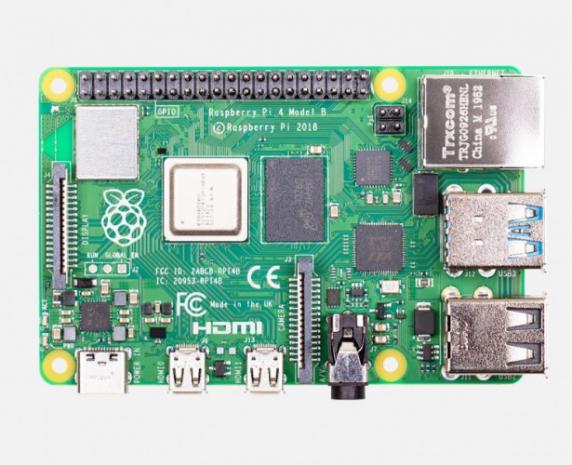
Breaking News
 Harbor Freight Coverpro 12x20 made into a Metal Building part 2
Harbor Freight Coverpro 12x20 made into a Metal Building part 2
 Brian Cole BUSTED, Halle Berry NUKES Newsom + Candace REJECTS TPUSA Challenge...
Brian Cole BUSTED, Halle Berry NUKES Newsom + Candace REJECTS TPUSA Challenge...
 I spent my Thanksgiving in the emergency rom... Medical emergencies can pop up at any time.
I spent my Thanksgiving in the emergency rom... Medical emergencies can pop up at any time.
 The "Golden Age" of Job Layoffs?
The "Golden Age" of Job Layoffs?
Top Tech News
 Build a Greenhouse HEATER that Lasts 10-15 DAYS!
Build a Greenhouse HEATER that Lasts 10-15 DAYS!
 Look at the genius idea he came up with using this tank that nobody wanted
Look at the genius idea he came up with using this tank that nobody wanted
 Latest Comet 3I Atlas Anomolies Like the Impossible 600,000 Mile Long Sunward Tail
Latest Comet 3I Atlas Anomolies Like the Impossible 600,000 Mile Long Sunward Tail
 Tesla Just Opened Its Biggest Supercharger Station Ever--And It's Powered By Solar And Batteries
Tesla Just Opened Its Biggest Supercharger Station Ever--And It's Powered By Solar And Batteries
 Your body already knows how to regrow limbs. We just haven't figured out how to turn it on yet.
Your body already knows how to regrow limbs. We just haven't figured out how to turn it on yet.
 We've wiretapped the gut-brain hotline to decode signals driving disease
We've wiretapped the gut-brain hotline to decode signals driving disease
 3D-printable concrete alternative hardens in three days, not four weeks
3D-printable concrete alternative hardens in three days, not four weeks
 Could satellite-beaming planes and airships make SpaceX's Starlink obsolete?
Could satellite-beaming planes and airships make SpaceX's Starlink obsolete?
Raspberry Pi 4 doubles down on system memory

The Foundation says that although the Broadcom chip at the heart of the Pi 4 can handle up to 16 GB of LPDDR4 RAM, up until recently 8 GB LPDDR4 modules that could be used on the mini computer didn't exist. Micron developed just such a module earlier this year, but COVID-19 stepped in to disrupt the supply chain for another vital component and the release was put back for three months.
Aside from having to move power supply components around fixing bugs and adding features, the mini computer is pretty much the same as before. A tour around the board will reveal a 64-bit BCM2711 quad-core Cortex-A72 system-on-chip, 802.11ac dual-band Wi-Fi and Bluetooth 5.0 wireless comms, Gigabit Ethernet, two USB 3.0 and two USB 2.0 ports, two micro-HDMI ports capable of supporting 4K monitors, a display port and a camera port, the standard 40-pin GPIO header, and a microSD card slot for data storage and loading the operating system.
Up until now, the default operating system has made use of a 32-bit kernel and 32-bit userland. Change is in the air now though, as the Foundation has recognized the needs of power users and released an early beta of a 64-bit operating system image. Both the 32-bit and 64-bit OS images also get a Desktop update, and will now go under the Raspberry Pi OS moniker instead of Raspbian.

 First totally synthetic human brain model has been realized
First totally synthetic human brain model has been realized Mach-23 potato gun to shoot satellites into space
Mach-23 potato gun to shoot satellites into space

